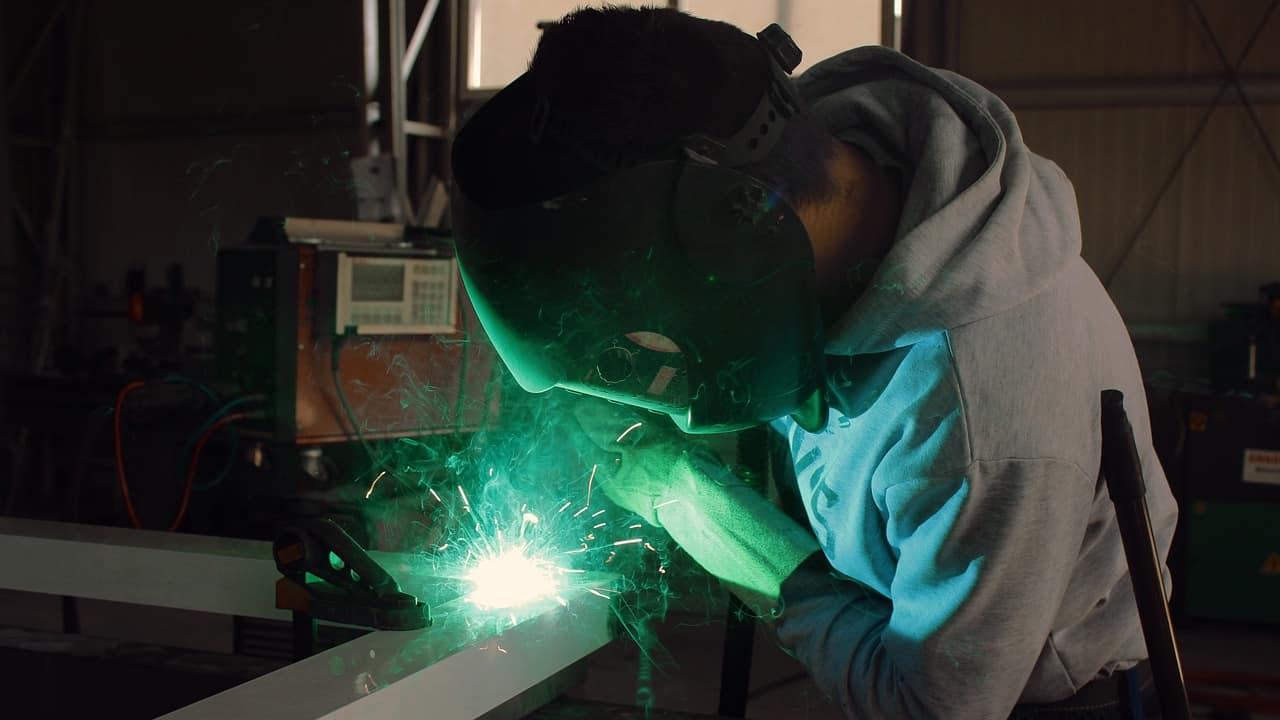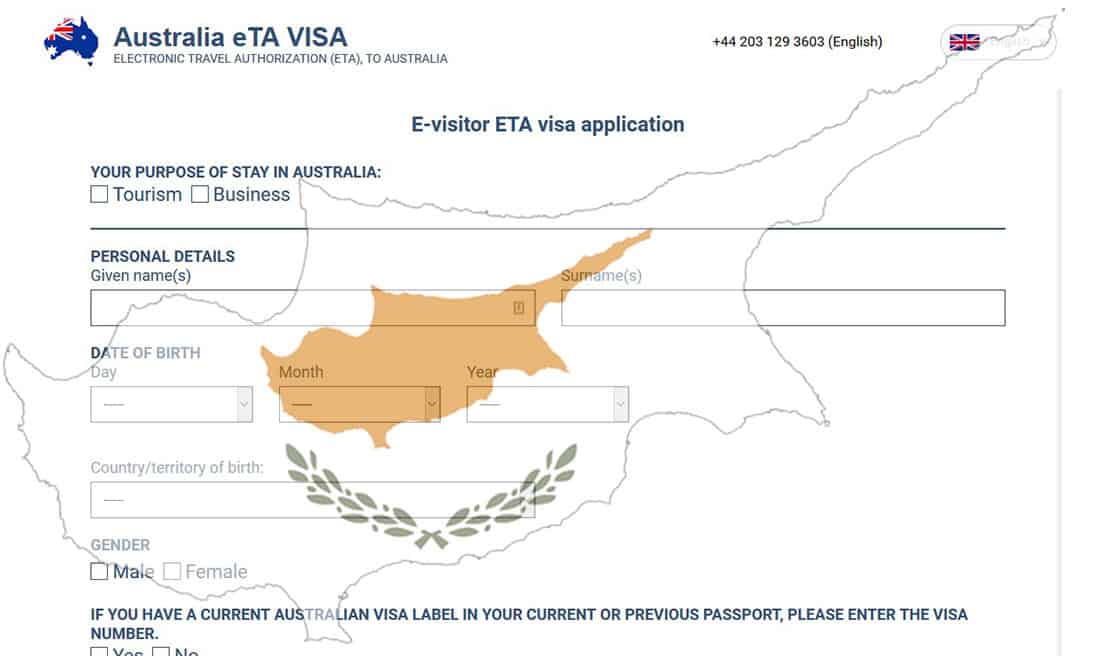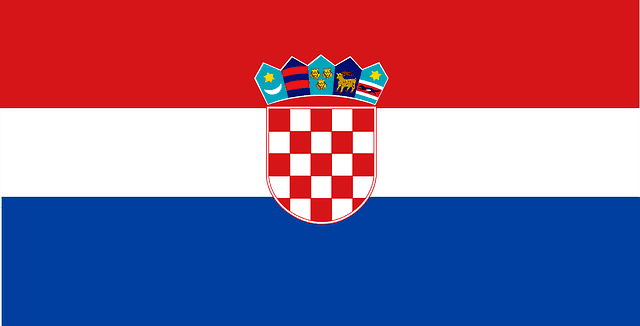If you are willing to bring your sibling to Australia and you are an Australian citizen or permanent resident, you can do it through different visa options.
While there is no special sibling visa to Australia, there are several visa types that allow siblings of Australian citizens, permanent residents, and New Zealand citizens to live in Australia: a visitor visa (subclass 600), a skilled work regional visa (subclass 491), remaining relative visa (subclass 115/subclass 835), and a carer visa (subclass 116/836).
Requirements vary between types, yet, usually, a sponsoring sibling must be at least 18 years old and agree to provide financial support. Applicants and siblings who are planning to move to Australia must meet health and character requirements.
Usually, under an Australian sibling visa, you can bring not only your full or half-siblings but also adoptive siblings or step-siblings.
Note: it is important to check the latest immigration regularities and criteria, as they may change.
Family-Sponsored Visas
Here you can review different family-sponsored visa options under which it is possible to bring your sibling to Australia. Examine each family-sponsored visa and its requirements to see which option applies to your situation.
Subclass 600 – Visitor Visa
Consider subclass 600 Visitor Visa (Sponsored Family Stream) if you want your sibling to visit Australia short-term. This visa allows to come to Australia for sightseeing, vacationing, studying, and meeting relatives and friends. Employment under a visitor visa is forbidden.
It is possible to remain in Australia for up to 3 months in total, so this visa type is suitable for those who plan to stay in the country temporarily. If your sibling is willing to reside in Australia for an extended period, opt for other family visas.
Requirements for a visitor visa (subclass 600)
To sponsor any relatives, including siblings, a person must meet the following conditions:
- be an Australian citizen or permanent resident
- be 18 years old or over
- be able to pay a security bond if requested by the Department (usually between $5,000 – $15,000 per person)
Subclass 491 Skilled Work Regional (Provisional) Visa – Family Sponsored
The subclass 491 visa was launched for skilled workers and their relatives to live, work, and study in designated regional areas of Australia. It permits to stay in Australia for up to 5 years. After 3 years of holding this visa it is also possible to apply for a Permanent Residence.
Eligibility requirements
A sponsor has to be:
- at least 18 years old
- reside in a designated area of Australia
- be a settled Australian citizen, an Australian permanent resident, or an eligible New Zealand citizen
Under a skilled work regional visa, you can sponsor your brother, sister, adoptive brother, adoptive sister, step-brother, or step-sister.
Besides, it is also possible to sponsor an eligible parent, dependent child or step-child, aunt, uncle, adoptive aunt/uncle, step-aunt or step-uncle, nephew, niece, adoptive nephew/niece, step-nephew or step-niece, grandparent, or a first cousin.
A sponsored applicant must meet such requirements:
- gain a minimum of 65 points in the Australia PR Points System
- be under 45 years old
- have competent English
- take skills assessment
- pass character requirement
- confirm good health through a health examination
- their occupation must be on the MLTSSL list
Subclass 115/Subclass 835 Remaining Relative Visa
A remaining relative visa is available in subclass 115 and subclass 835. Subclass 115 is suitable for applicants who are outside Australia, while subclass 835 is for applicants who are in Australia at the moment of submitting the visa application.
Subclass 115/subclass 835 remaining relative visa allows to stay, work, and study in Australia permanently.
Conditions to satisfy for a remaining relative visa
An applicant must fulfill such conditions:
- be sponsored by an eligible family member – sibling or step-sibling, eligible parent or step-parent, or an eligible partner of the relative
- have no other close family members – parents/step-parents, partner’s parent/step-parent, sibling/step-sibling, child/step-child of 18 years old or older who is not dependent on the applicants, a child/step-child who is under 18 and not in applicant’s or their partner’s daily care and control
- pass health and character requirements
- must have assurance of financial support
Subclass 116/Subclass 836 Carer Visa
A Carer visa permits to move to Australia permanently to care for close family members with a long-term medical condition.
Carer visa requirements
An applicant for a 116/838 family-sponsored visa has to:
- provide ongoing significant care and support for the sponsoring relative or the family member
- meet health and character requirements
To be a sponsor, an individual must:
- be medically assessed as someone who needs continuous medical care
- show that they cannot get adequate care from other options – from other family members, an Australian welfare, hospital, or community service
- agree to provide housing and financial support for the first two years of the applicant’s residence in Australia
Sibling Visa Australia Processing Time
Processing time differs between options of family-sponsored visas. For example, for a visitor visa (subclass 600) and a skilled work regional (provisional) visa (subclass 491), it takes 3-6 months to process the application, while a remaining relative visa is granted to a very limited number of applicants, so the waiting time may even exceed 10 years.
Generally, the time required for the sibling visa application process varies according to the individual circumstances of each case:
- whether you have provided accurate information and submitted all required supporting documents
- whether you have lodged a paper application or applied online since online applications can be processed in a speedier manner
- how quickly you reply to emails requesting more details or additional documents
- how long it takes to check the data
- how many places are available for a particular visa stream (for permanent visa applications)









